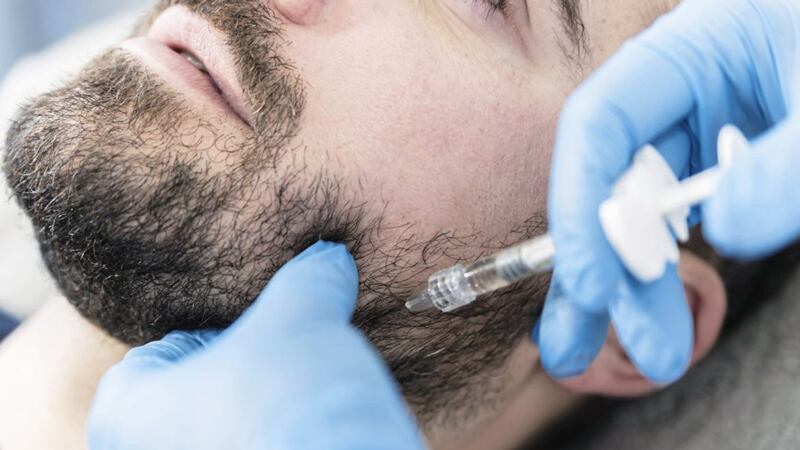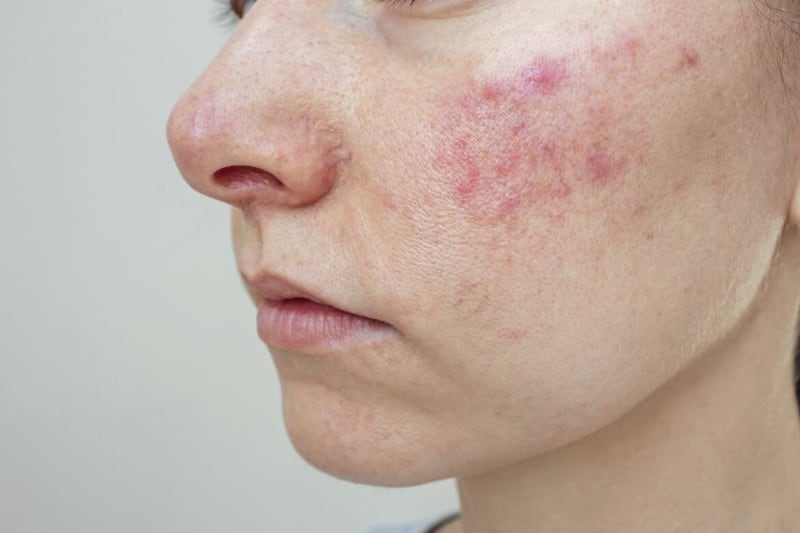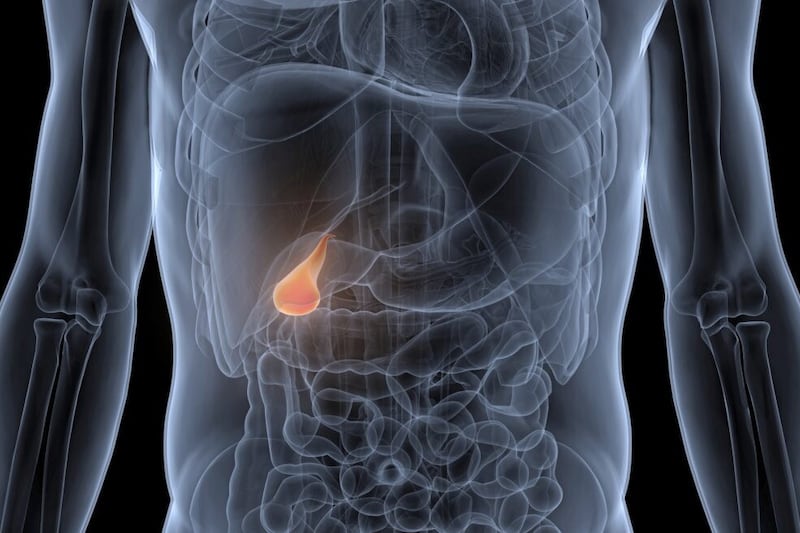Q: I HAVE been clenching my teeth at night for years and they are sore when I wake up, as are my gums, jaw and head. I also suffer from ringing in my ears which is driving me crazy. Are these connected?
Name and address supplied
A: Bruxism – nocturnal tooth grinding and jaw clenching – affects up to 10 per cent of adults and often can lead to discomfort around the jaw, facial pain and headache, as well as excessive tooth wear.
Risk factors include anxiety, heavy alcohol intake, smoking, caffeine and stress. There is also an association with a number of medications, including the antidepressant fluoxetine.
It is difficult to disentangle the relationship between your bruxism, jaw pain and tinnitus, the ringing in your ears.
Tinnitus certainly can be related to the muscles that act on the jaw – the trigeminal nerve in the head supplies part of the muscle system for jaw movement and the muscles in the middle ear, so it may be that this nerve is irritated by the repetitive jaw clenching and so affects the middle ear.
Treating your jaw clenching is very likely to resolve your jaw and head pain, and may end the tinnitus, too. As a first line of attack, I recommend avoiding alcohol, taking no caffeine after 2pm and (if you are a smoker) quitting smoking.
You can also buy mouth guards to protect your teeth. These may not reduce the bruxism, but patients often find they lead to less morning discomfort.
If none of this helps, you can ask your GP to be referred for cognitive behavioural therapy with biofeedback. This talking therapy aims to identify and relieve any stress that is leading to this inadvertent behaviour. My view is that, given your long history of symptoms, your best option may be Botox-style jabs into the muscles used in chewing. This partially paralyses them so the grinding is not so strong.
The effect fades, so jabs have to be repeated every six months. Your GP can refer you for this.
© Solo dmg media








